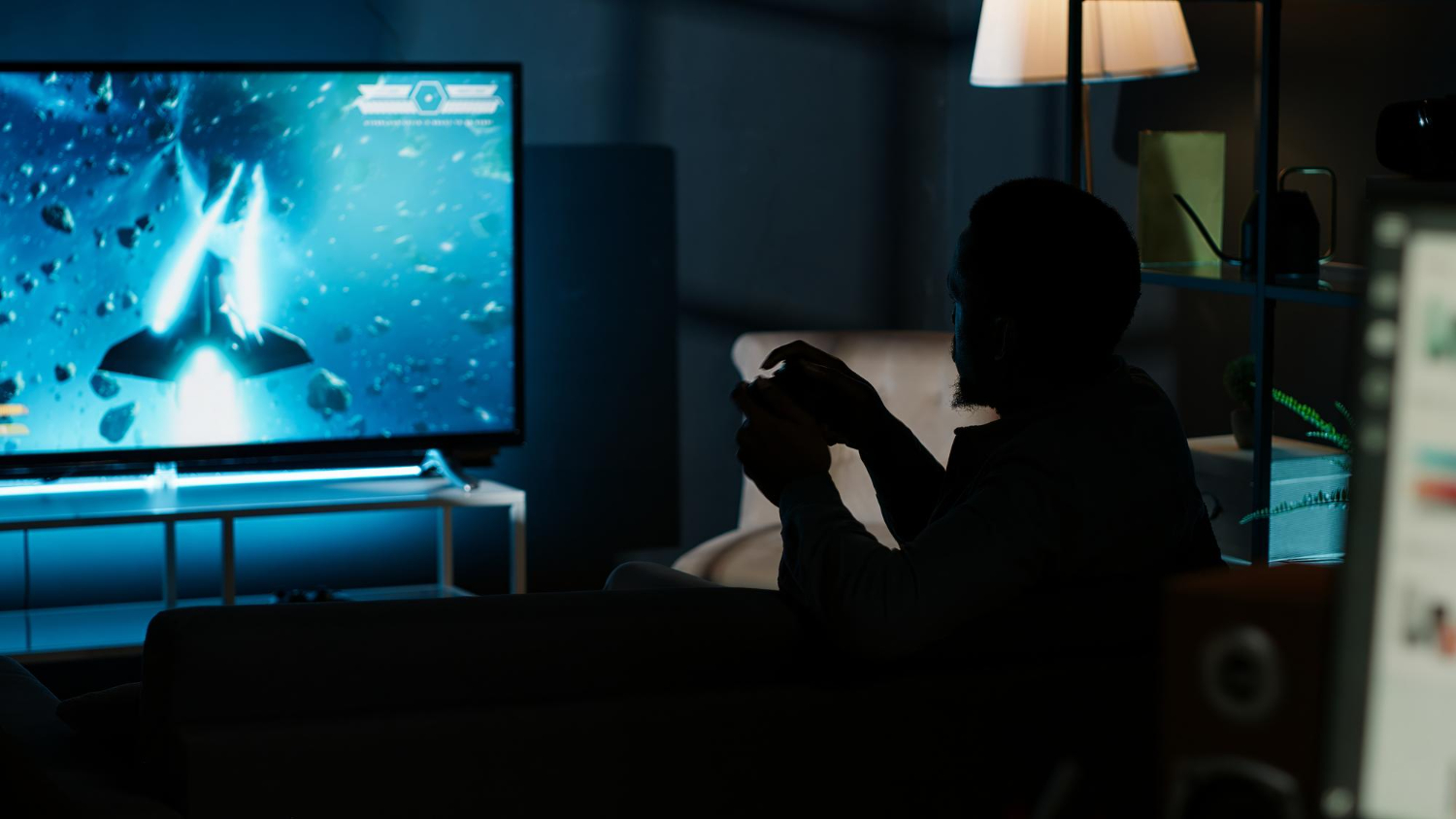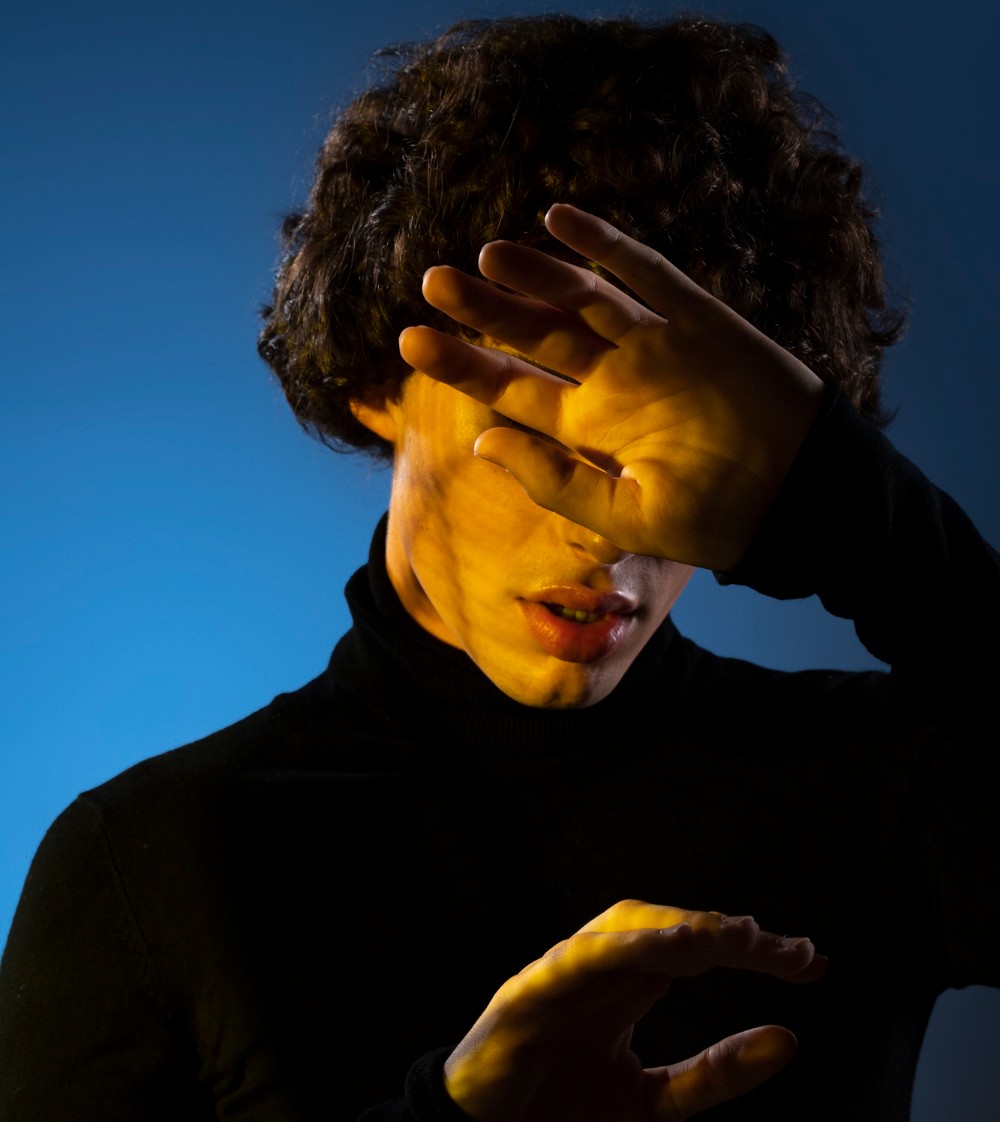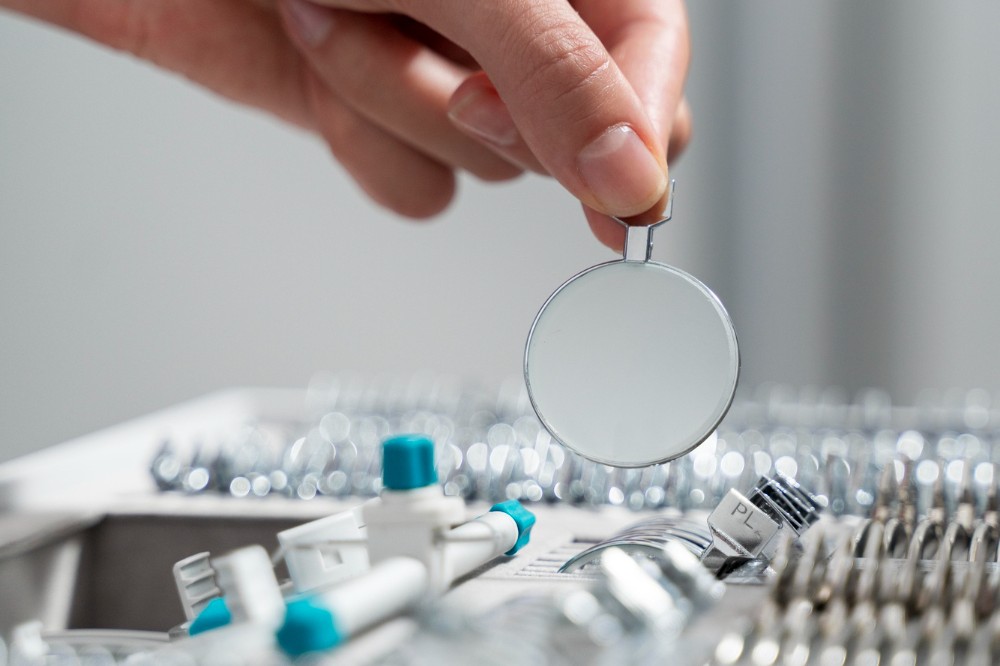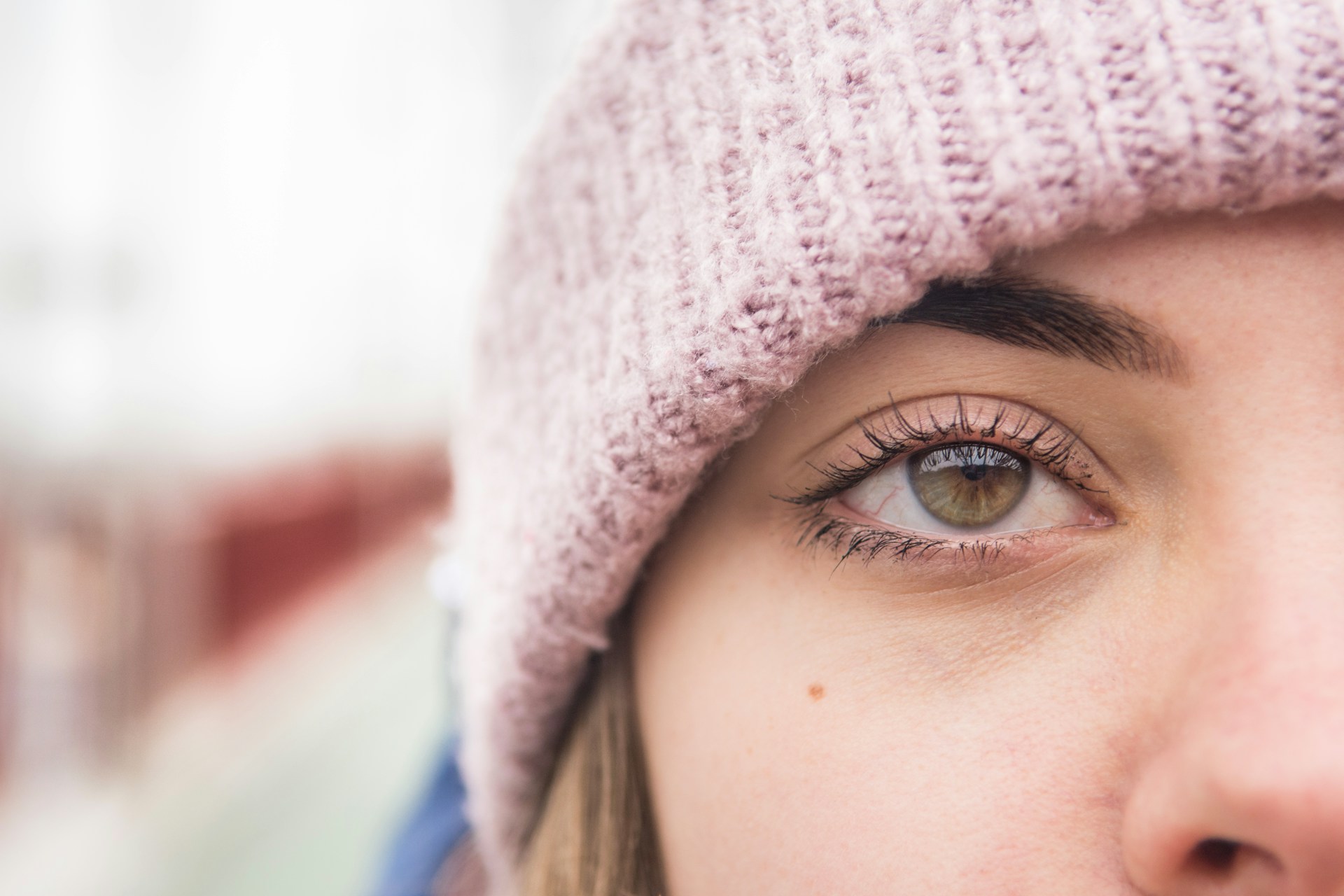Blog List

Family Genetics and Myopia: Get the Whole Family Checked
Myopia frequently runs in families. Discover how genetics influence nearsightedness and why proactive, comprehensive eye exams for every family member are essential for lifelong visual health.

Study Lighting Matters: Reduce Eye Fatigue in Apartments
Apartment study spaces may be charming, but improper lighting can quietly sabotage your visual comfort. University Optometric Center shares expert insights on how thoughtful lighting design reduces eye fatigue and enhances productivity in compact living environments.

Is Gaming Making You More Nearsighted?
Video games are immersive, exhilarating, and increasingly ubiquitous — but could they be contributing to rising rates of nearsightedness? University Optometric Center explores the science behind gaming, screen time, and myopia progression, with practical tips to protect your eyes.

Reducing Light Sensitivity With the Right Scleral Fit
Light sensitivity can make everyday environments feel overwhelming. At University Optometric Center, we explore how a precisely fitted scleral lens can reduce photophobia, enhance comfort, and restore visual confidence with elegantly engineered support.

Scleral Lenses for High Prescriptions: A Game Changer
For patients with high prescriptions, standard contacts and glasses may fall short. Scleral lenses offer a sophisticated, life-changing solution—combining clarity, comfort, and confidence.

Myopia and Headaches During Midterms
Midterms can push both minds and eyes to their limits. Discover how uncorrected or under-corrected myopia may be fueling headaches—and what students can do to find relief.

Vision Tips for Student Veterans (MLK Week)
In recognition of MLK Week, we honor student veterans by sharing thoughtful, practical vision care tips designed to support academic success, resilience, and lifelong eye health.

How Sclerals Help Irvine Office Workers and Remote Workers Alike
Whether you commute to an Irvine office or work remotely from home, long hours on screens can take a toll on your eyes. Discover how scleral lenses offer a refined solution for modern visual demands.

Mid-Winter Break: Tips to Refocus Your Eye Health
Mid-winter break offers more than rest for the mind—it’s an elegant pause to recalibrate your eye health. Learn how small, science-backed habits can restore visual comfort and clarity.

Winter Dry Eyes: Causes & Solutions
Winter may charm us with cozy sweaters and crisp mornings, but for our eyes, it often brings dryness, irritation, and discomfort. Discover why winter dry eye happens—and how science-backed care can restore comfort and clarity.










